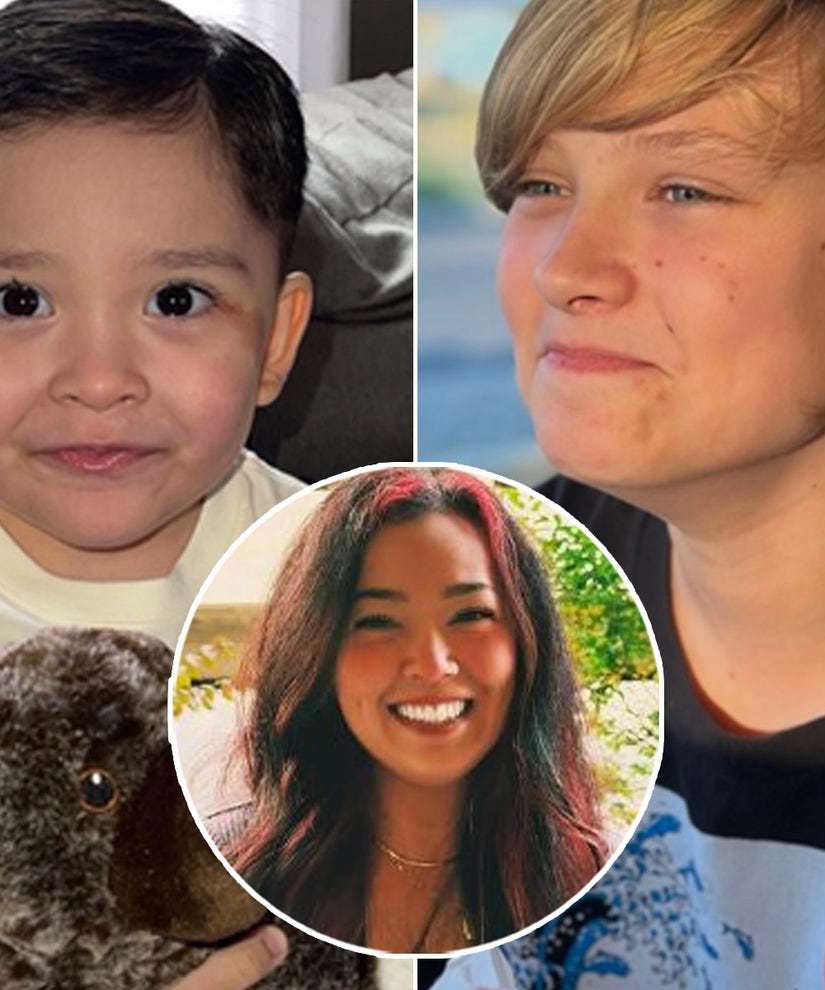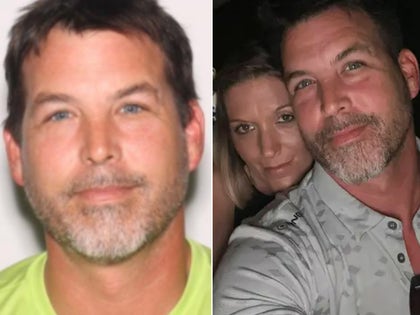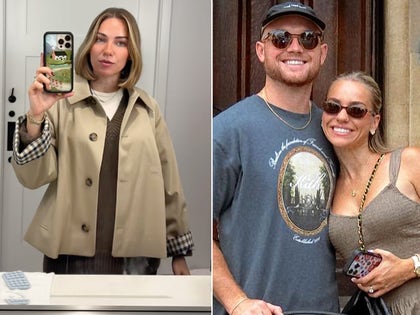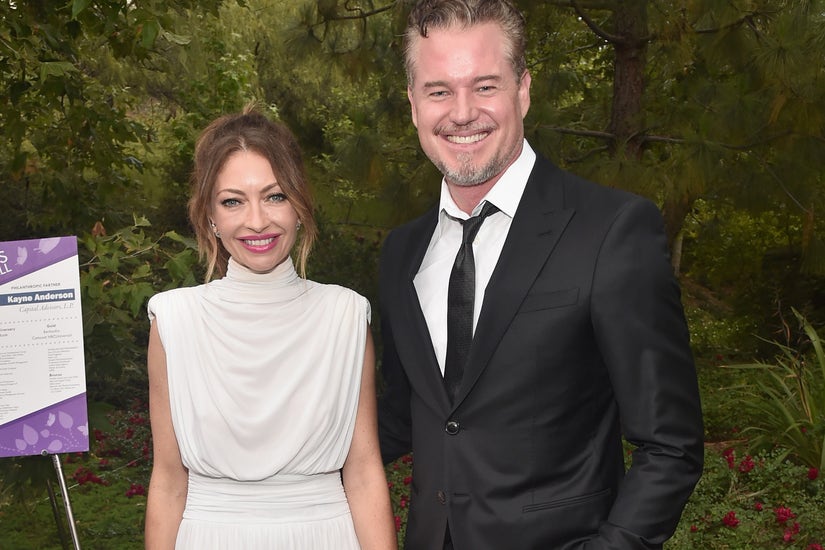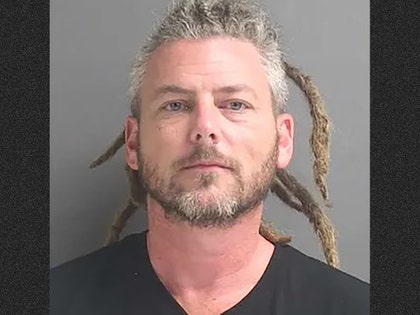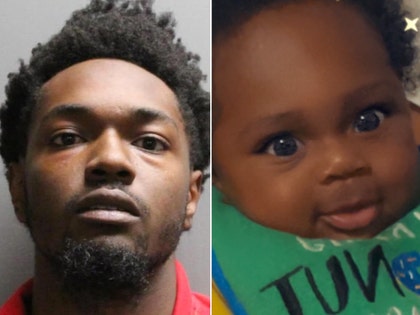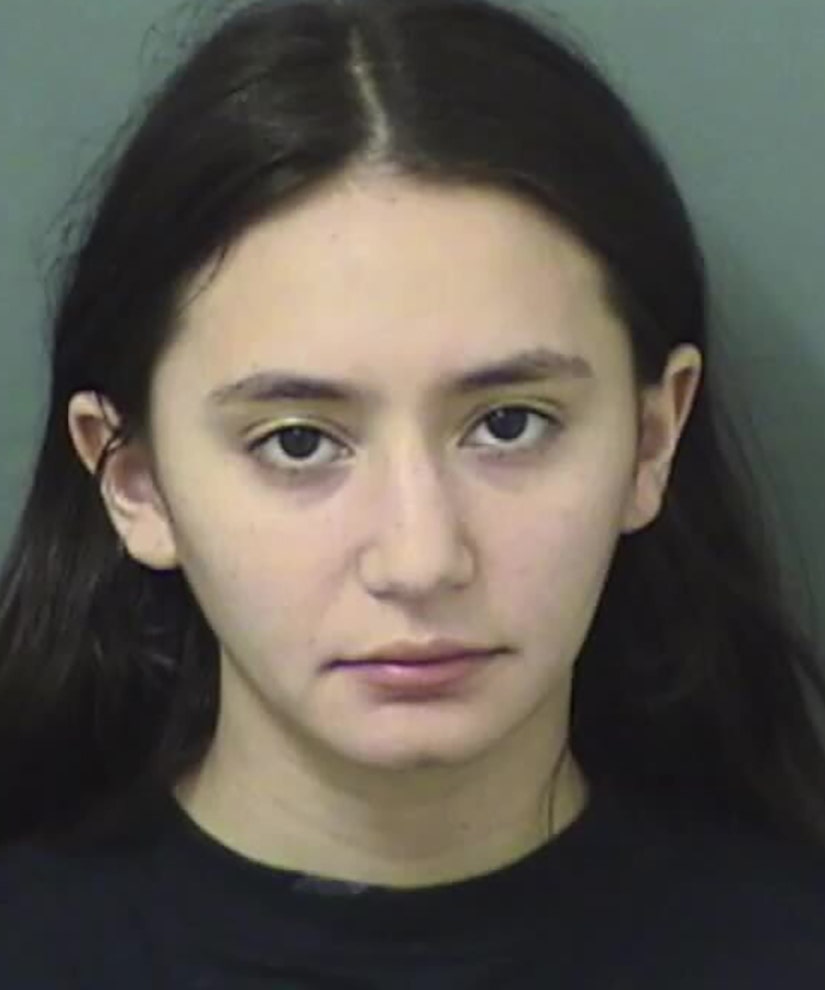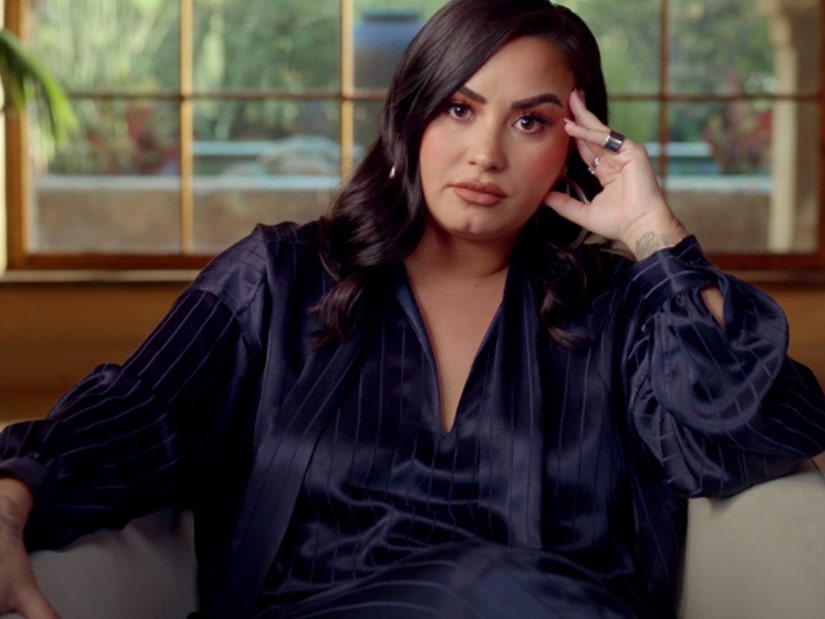 YouTube
YouTube
Her friends, meanwhile, express their concerns about her decision to drink and smoke marijuana "in moderation" now.
After celebrating six years of sobriety, Demi Lovato suffered a relapse in 2018, culminating in a harrowing overdose that has left her dealing with ongoing health repercussions. These pivotal experiences sit at the center of her new docuseries "Demi Lovato: Dancing with the Devil."
The doc premiered at SXSW on Tuesday night ahead of its March 23 premiere on YouTube. In it, Lovato proved every bit as candid as her fans might have expected, opening up in great detail about her issues with addiction and substance abuse.
Lovato was six years sober when she slipped and suffered a relapse in 2018. But when she relapsed, it was with incredible ferocity, starting with a single bottle of red wine and quickly escalating out of any control whatsoever.
"It wasn't even 30 minutes before I picked up the phone and called someone that I knew had drugs on them," she said. "I'm surprised I didn't OD that night."
After going on a "shopping spree," she decided that night to start exploring drugs she'd never taken before.
"I'd never done meth before, I tried meth. I mixed it with Molly, with coke, weed, alcohol, oxycontin. And that alone should have killed me." But it didn't stop there. Within two weeks, she'd expanded her drug repertoire into heroin and crack cocaine.
She may not have ODed immediately, but the way Lovato describes her maddening descent into using again, there was almost no other possible outcome. And it was in that same year that she did overdose.
While everyone has heard the stories about Lovato being found unconscious and rushed to the hospital, she says that very few knew just how bad things got for her. "I had three strokes. I had a heart attack. I suffered brain damage from the strokes."
On top of that, she suffered multiple organ failure and asphyxiation, leading to pneumonia. She also shared that after her OD, she was legally blind for a while, unable to even see her sister standing by her bedside.
"I asked her, I was like, 'Who are you?'" Lovato recalled. "She just started sobbing."
And she's had long-term complications. "I can't drive anymore and I have blind spots in my vision, so sometimes when I go to pour a glass of water, I'll totally miss the cup because I can't see it anymore."
Even nearly dying following her 2018 overdose from drugs, including heroin, wasn't enough to keep Lovato from using. "I was mortified at my decisions," she admitted. It was after this additional relapse that Lovato checked herself into rehab for nearly two months and was able to finally regain control over her sobriety.
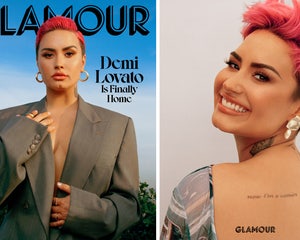 Amanda Charchian/Glamour
Amanda Charchian/Glamour
Demi Lovato Says She Now Drinks and Smokes Weed in Moderation, Talks Being Queer and Relief Over Engagement Ending
View StoryMany addicts subscribe to the notion that they cannot use at all or they will backslide into the throes of their addiction. But Lovato is taking a different approach, admitting that she was hesitant to share it. While she has sworn off the hard stuff that put her in the hospital, Lovato admitted that she couldn't get rid of everything.
"I've learned that it doesn't work for me to say that I'm never going to do this again," said Lovato.
"Telling myself that I can never have a drink or smoke marijuana, I feel like that's setting myself up for failure because I am such a black-and-white thinker," she said. "I had it drilled into my head for so many years that one drink was equivalent to a crack pipe."
And so, she currently drinks and smokes marijuana "in moderation," though she cautioned other addicts not to just assume that means this can work for them. She also said that another way she's facilitating her sobriety from those harder drugs is by getting injections of Vivitrol, an opioid blocker that should keep her from getting high if she does take them.
"Do I ever want to touch heroin again? No. Do I think I will? Absolutely not," she says. "But I still get it just because at least for a few years it can't hurt me."
"Recovery isn't a one-size-fits-all solution. You shouldn't be forced to get sober if you're not ready. You shouldn't get sober for other people," she said. "You have to do it for yourself."
But there are doubts and concerns about Lovato's chosen path of moderation. After all, it was a moderate use of drugs that led to her quick spiral into an overdose in 2018.
Elton John, who has been sober for 30 years, pointedly said he doesn't believe it can work. "Moderation doesn't work. Sorry," he said. "If you drink you're going to drink more. If you take a pill, you're going to take another one. You either do it or you don't."
Lovato's manager, Scooter Braun, has his concerns, too, but feels he has to allow her to choose her own path. "What I've learned with the whole addiction thing is if I push her to do what I want, I push her away. I can't control her," he said. "What I can do is be a friend and hope that she's right."
And Lovato's assistant who found her that night admitted she was worried, too, saying, "It does kind of scare me now to know that she isn't sober. Nevertheless, that is her path. At least for now."
If you or someone you know is struggling with substance abuse, get help. The Substance Abuse and Mental Health Services Administration (SAMHSA) National Helpline (1-800-662-4357) provides 24/7, free, confidential support for people in distress.
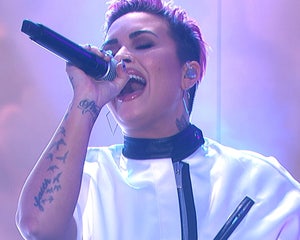 Warner Bros.
Warner Bros.













